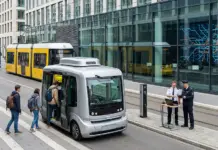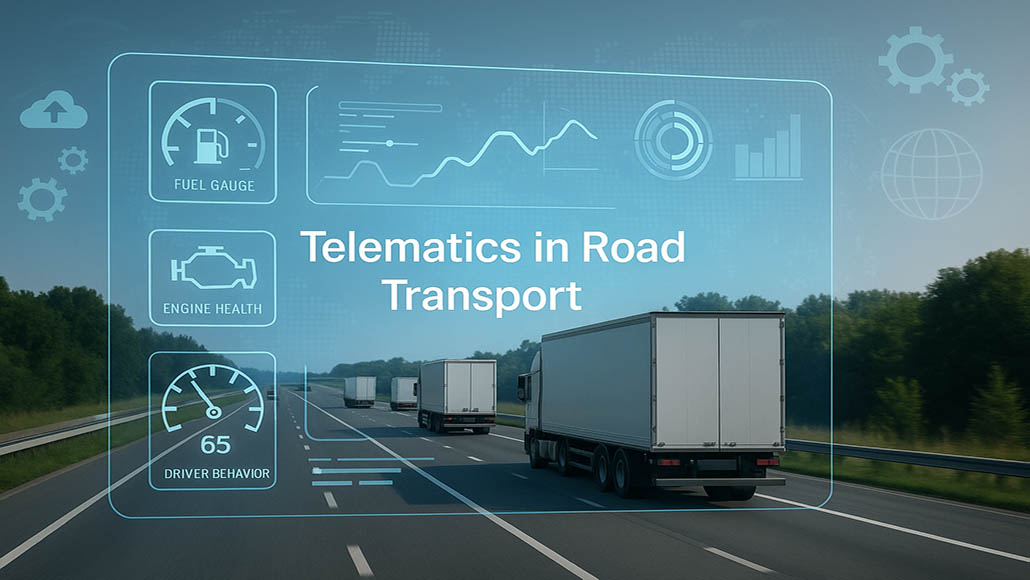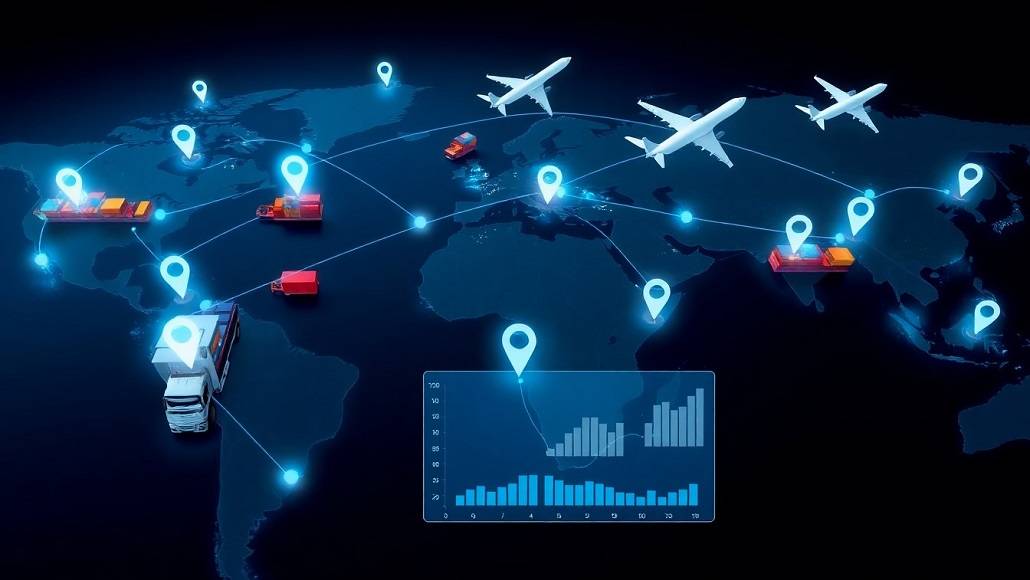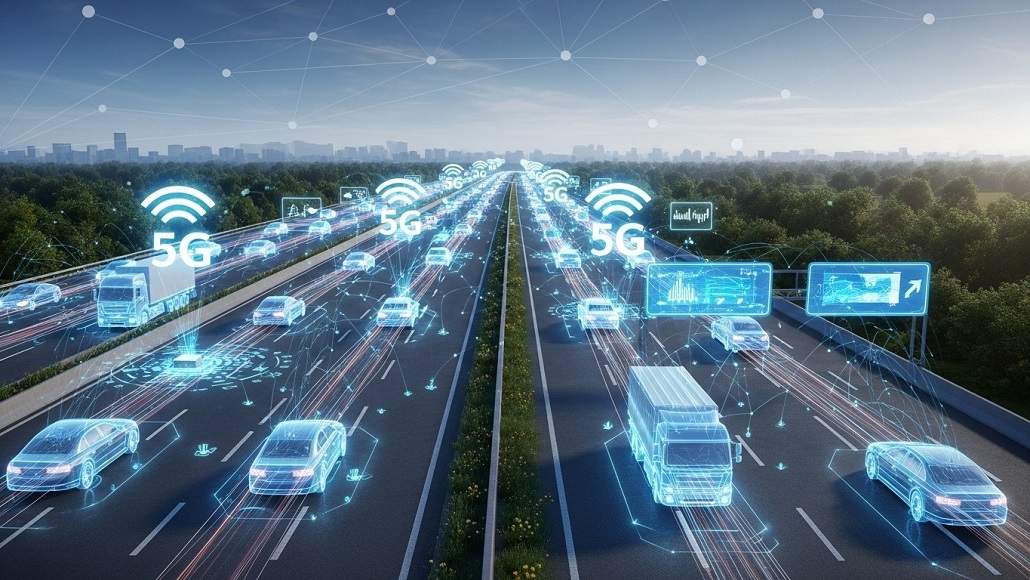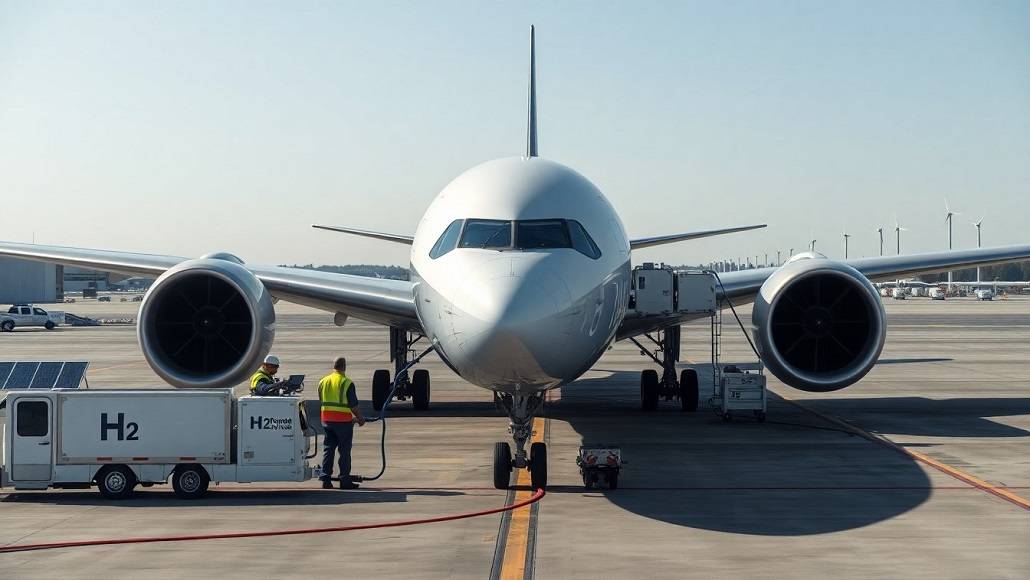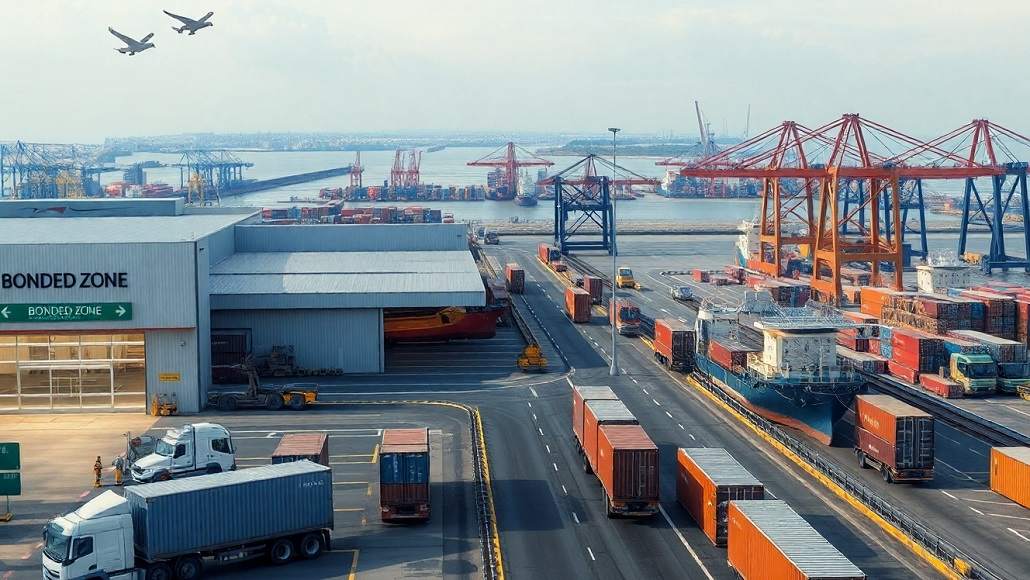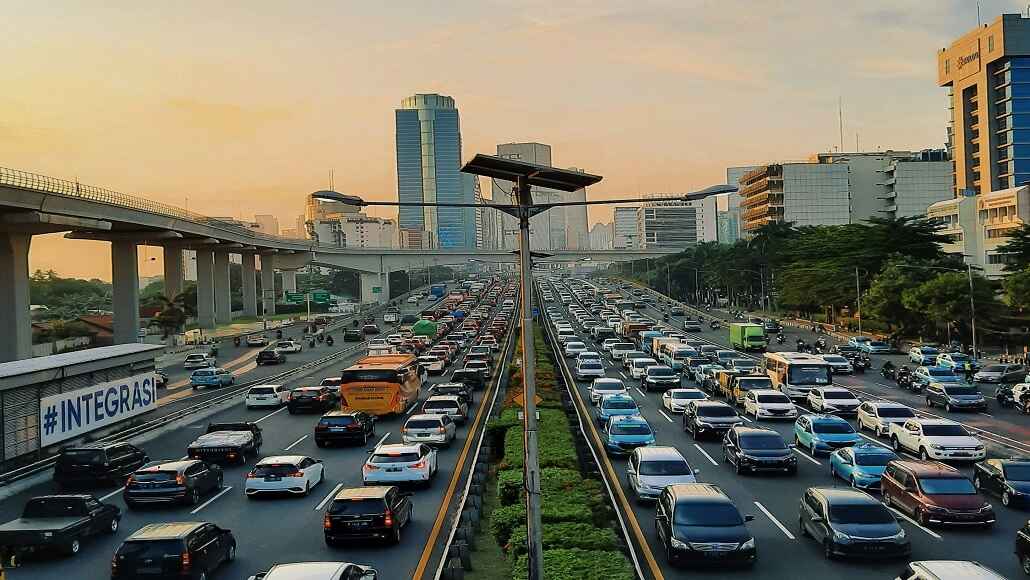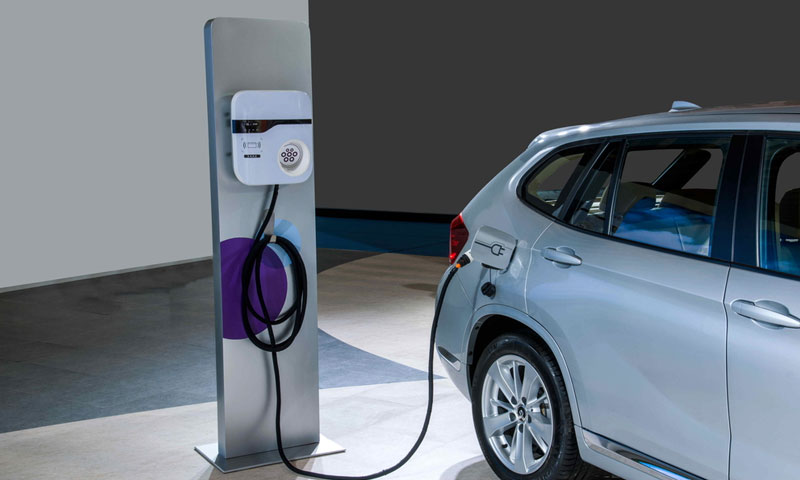Last year, the proportion of electric vehicles on the road in the world reached a new high. That appears to be excellent news as the planet attempts to taper itself off of fossil fuels, which are causing mayhem in the earth’s climate. However, as electric cars grow more widespread, others are raising concerns about their environmental impact.
The batteries in electric vehicles, for instance, are charged using electricity directly from the grid, which is frequently supplied by fossil fuels. There are also concerns regarding how much energy it takes to produce an EV or an EV battery compared to an equivalent traditional vehicle.
Are electric automobiles more environmentally friendly?
The quick answer is yes, but they have a long way to go before they reach their full green capacity. Electric vehicles, according to most experts, have a smaller carbon footprint during their lifespan than automobiles and trucks with traditional internal combustion engines. Experts from the universities of Cambridge, Exeter, and Nijmegen in the Netherlands discovered last year that operating an electric car is healthier for the planet in 95% of the world.
Most of the world’s electricity systems are still fueled by fossil fuels like coal or oil, and EVs rely on that energy to charge. EV battery production, on the other hand, continues to be an energy-intensive operation.
According to research by the Massachusetts Institute of Technology Energy Initiative, the manufacturing of an electric vehicle’s battery and gasoline produces more pollutants than the manufacturing of a car. However, the increased environmental costs are mitigated over time by EVs’ superior energy efficiency.
In short, battery-powered cars emit fewer overall emissions per mile than vehicles with internal combustion engines.
According to a senior research scientist at the MIT Energy Initiative and one of the study’s authors, Sergey Paltsev, if one looks at the current scenario, electric vehicles are superior even with the current grid in some nations. Paltsev emphasised that the full benefits of electric vehicles will only be realised after electricity supplies become renewable, which could take several decades.
An electric vehicle in the United States today emits roughly 200 grammes of CO2 per mile on average, he said. They anticipate that by cleaning up the grid, they will be able to decrease emissions from electric vehicles by 75%, from around 200 grams per mile now to around 50 grams per mile in 2050. According to Paltsev, non-plug-in hybrid automobiles with internal combustion engines generate roughly 275 grams of CO2 every mile, according to MIT studies. Their predicted emissions in 2050 are anticipated to be between 160 and 205 grams of CO2 per mile – a range that is greater than that of electric vehicles due to the fact that fuel standards vary by location.
Emissions reduction is the process of cutting greenhouse gas emissions caused by fossil fuel burning. Over time, efforts to reduce pollution across multiple industries should reduce the environmental effect of EV production and charging. When one goes ahead to the rest of the decade, they will see tremendous amounts of decarbonization in electricity production and massive amounts of decarbonization in the industrial sector, a Frankfurt-based partner at McKinsey & Company, Eric Hannon, said.
The largest emitter is batteries
Electric vehicles run on rechargeable lithium-ion batteries. Experts say that the system of producing those batteries– from mining raw materials like cobalt and lithium through manufacturing in gigafactories and transportation is energy-intensive and one of the most significant sources of carbon emissions from EVs today.
Gigafactories are large-scale production facilities for electric vehicle batteries.
The production of electric vehicles generates much more emissions than the production of gasoline vehicles. According to a fellow at the Cambridge Centre for Environment, Energy and Natural Resource Governance, Florian Knobloch, that’s between 30% and 40% additional in production emissions, which is largely from the battery production. Higher production emission levels are regarded as an original investment that pays off rapidly due to lower lifetime emissions.
According to a leading publication from the US, China presently controls battery technology, with 93 gigafactories making lithium-ion battery cells compared to only four in the United States. He believes the battery is the most complex component in the EV, with the most intricate supply chain, George Crabtree, director of the Joint Center for Energy Storage Research at the US Department of Energy, commented, adding that the source of energy used in battery production has a significant impact on the carbon footprint of EVs.
He explained that batteries built in older Chinese gigafactories are frequently fed by fossil fuels as that was the norm five to ten years ago. As a result, electric vehicles produced using batteries from existing manufacturing will have enormous carbon footprints.
But, this is changing as people have learned that there’s a tremendous carbon imprint. Other aspects of battery production, according to experts, should also be considered.
They encompass unethical and environmentally unsustainable mining practises as well as the supply chain’s complex geopolitical character, where countries don’t want to rely on other countries for raw materials such as cobalt and lithium, or completed batteries. As per Crabtree, mining raw materials for battery manufacturing will be the last to be decarbonized. Grid decarbonization and recycling. Currently, only a small percentage of wasted battery cells are reused. Experts believe that this will alter over time when raw materials for battery production become scarce, leaving companies with no option but to recycle.
Other reasons for businesses to beef up their recycling efforts were listed by McKinsey’s Hannon. They include a regulatory structure in which manufacturers would be required by law to deal with waste batteries, which could be more costly to dispose of. People who point to a shortage of recycling processes as an issue are overlooking the fact that one does not require extensive recycling equipment just because the cars are so new, he said.
He noted that most automakers are already working to guarantee they have considerable recycle capacity in place before EVs reach the end of their useful lives in the next decade.
According to Knobloch of Cambridge University, much work is being conducted to improve battery technology in order to try and make it more environmentally friendly and less reliant on rare natural materials. He went on to say that more efforts are needed to decarbonize the energy grid.
It is indeed critical that more renewable power generation capacity than coal generation is deployed to the grid each year, Knobloch said. Building large-scale solar or offshore wind power plants is significantly easier these days than building new fossil-fuel power plants. More renewable electricity is being pumped into the system around the world.
Nonetheless, he pointed out that generating power from renewable sources produces greenhouse gas emissions, as do the solar panels and wind generators themselves. What they look at is how long it takes for the power infrastructure to be adequately carbon free so that electric vehicles can provide a significant advantage, Knobloch added.
Policies are required to bring about societal transformation
Experts agree that switching from gasoline to electric vehicles is not a strategy for combating climate change globally.
It must be accompanied by societal change that encourages the use of public transit and other forms of mobility, such as bicycles and walking. Reducing the use of private vehicles necessitates significant financial and policy considerations.
Paltsev, who is also deputy head of MIT’s joint programme on the science and policy of climate change, stated that there are around 1.2 billion gasoline-powered cars on the road now, with that number predicted to rise to between 1.8 billion and 2 billion by 2050. In comparison, just roughly 10 million electric vehicles are currently on the road.
People underestimate the number of new cars that must be manufactured and the amount of materials needed to make those electric vehicles, according to Paltsev. According to the International Energy Agency, the number of electric automobiles, buses, vans, and heavy trucks on the road will reach 145 million by 2030.
As per Knobloch, if everybody drove EVs rather than gasoline-powered automobiles, the plug-in vehicles would still emit a lot of pollution due to their large volume. As a result, it’s not a cure for climate change mitigation. In an ideal world, one would also aim to drastically limit the number of cars on the road and encourage people to use public transportation, he said. It’s just as important to get individuals away from individual car transportation.



